Panic Disorder (PD) is typically associated with sudden, intense episodes of fear and discomfort. However, a substantial body of research, including a detailed study led by Antonio E. Nardi and colleagues, an abstract of which is published in the National Institutes of Health (NIH), highlights a critical aspect of PD that often goes unnoticed—the significant role of respiratory control in managing this anxiety disorder. The insights from their study illuminate the intricate connections between respiratory function and panic attacks, offering new pathways for effective treatments.
Respiratory Abnormalities at the Core of Panic Disorder
The research reveals that individuals with PD often exhibit abnormal respiratory patterns, particularly heightened sensitivity to carbon dioxide (CO2). This sensitivity can trigger unexpected panic attacks, characterized by symptoms like shortness of breath, dizziness, and an overwhelming sense of dread. The study categorizes a subset of PD patients who predominantly experience these respiratory symptoms, suggesting that they represent a distinct clinical subtype of the disorder.
Hyperventilation Syndrome and Panic Attacks
One of the standout findings of the research is the overlap between panic attack symptoms and those of hyperventilation syndrome. This syndrome is marked by episodes of rapid breathing that exceed the body’s need for oxygen, leading to respiratory alkalosis and various somatic symptoms such as palpitations and chest pain. These symptoms can precipitate further anxiety, creating a vicious cycle of panic and physical distress.
Genetic Links and Neurobiological Mechanisms
The researchers also explore the genetic predispositions that may enhance CO2 sensitivity, making some individuals more susceptible to PD. This genetic factor, coupled with neurobiological abnormalities, suggests that PD involves more than just an emotional response to external triggers; it includes a physiological component that fundamentally alters the body’s response to breathing.
Innovative Treatments and Pharmacological Implications
The review highlights the effectiveness of both medication and psychosocial therapies in treating PD, underscoring the complex interplay between neurochemical systems in the brain. Anti-panic medications, such as tricyclic antidepressants, have been shown to decrease CO2 sensitivity and modify the respiratory response during panic attacks. This pharmacological approach points to a promising direction for future research and therapy development, aiming to refine treatments that specifically target the respiratory aspects of PD.
Respiratory Challenge Tests as Diagnostic Tools
Significantly, the study discusses the use of respiratory challenge tests, such as those involving CO2, hyperventilation, and breath-holding, to differentiate PD patients from normal controls and those with other anxiety disorders. These tests are not only pivotal in diagnosing PD but also in understanding the severity and specific characteristics of the disorder in individual patients.
The Path Forward
This comprehensive review by Nardi and colleagues serves as a crucial resource for healthcare professionals, providing deep insights into the respiratory underpinnings of panic disorder. It challenges the medical community to rethink PD not just as a psychological anomaly but as a multifaceted disorder where breath plays a central role. As we move forward, the integration of respiratory control mechanisms into the treatment paradigms of PD could revolutionize how we manage this debilitating disorder, offering hope and new solutions to those affected.
In conclusion, the linkage between respiratory control and panic disorder opens up new vistas for understanding and managing anxiety. By focusing on this connection, researchers and clinicians can develop more targeted treatments that address the root causes of panic, ultimately leading to better outcomes for patients struggling with this condition.



